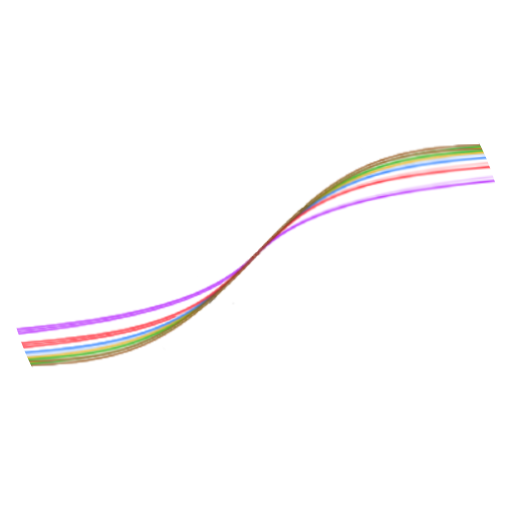

Okay, so like…the green skills are stupid.
These could be technical skills relevant to renewable industries (knowing how to preserve water systems or install heat pumps for example), or broader skills such as climate action planning, corporate sustainability, sustainable procurement, sustainability reporting and impact assessment
Corporate sustainability?! Come the fuck on.
I got one.
Boomers are desperate to be good people but the experience of a whole three generations after them said they are so underskilled they actually pose a ‘risk’ to democracy.






There is literally nothing any President going forward can promise without Congress completely having the President’s back or the Justices agreeing with the President.
This was always true. The Affordable Care Act was met with repeated judicial challenges and survived thanks to judicial interpretation.
Regulatory rules have alsp always been subject to judicial review, especially after the public comment period. If an agency does not respond to comments, a rule can be struck down as arbitrary.
The difference now is that the courts can evaluate rules not based on scientific and administrative expertise but on
ideologywhether they adhere to the legal authority Congress granted them. Chevron deference implied that Congress gave agencies the legal authority to adapt to new situations. The misanthropes of the Supreme Court disagree because, for them, the Constitution is a dead document allowing adaptation to anything at all.